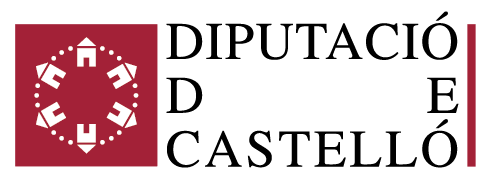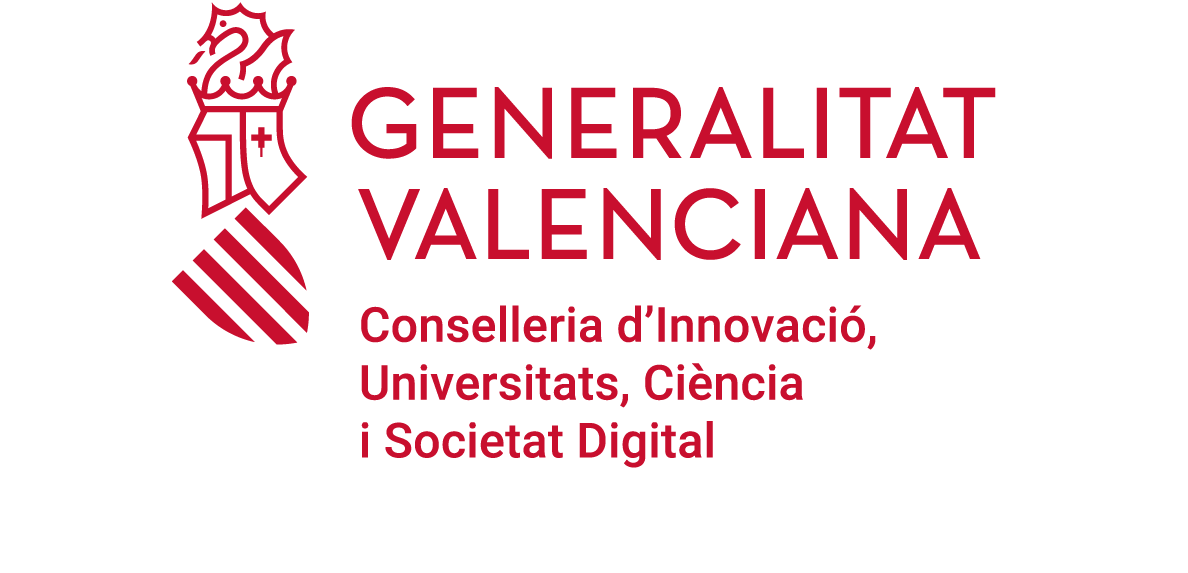Tania B. Huedo-Medina

META-ANALYSIS AND SEXUALITY IN TIMES OF COVID
ABSTRACT
The coronavirus pandemic disease 2019 (COVID-19) has led to an unprecedented disruption of society worldwide. Academia and science has not been exempt, rapid adaptations and disruptions in major projects occurred. The adaptive response was very rapid and research institutions worked closely with government institutions and private companies to maintain continuity in research. Coordination efforts including compromises occurred that have marked a watershed in science in terms of virtual work, distribution and sharing of data and research results during the pandemic, radically improved access to high-throughput computing for COVID research, as well as licensing terms to prioritize access to technologies. Researchers produced an overwhelming amount of science; in 2020 alone, more than 84,000 research articles were produced with the word COVID in the title. The progress of science depends not only on systematic observations of a phenomenon, but also on the repetition of those observations by different research groups independently. In recent years, the number of studies on sexuality has increased exponentially resulting in greater difficulty in discerning overall trends or general efficacy from the results of multiple studies on interventions and relationships that promote healthy sexuality taking into account the diversity of populations. In line with the increase in empirical research in the field of sexuality, there is an emerging consensus that the scientific literature should be examined based on methods that should be replicable, particularly in the last two years of the pandemic. Thanks to an increasingly rigorous scientific methodology for systematic reviews and quantitative integration of study results known as Meta-analysis, it is possible to integrate the results and evaluate the quantity of scientific production. Consequently, meta-analyses are increasingly indispensable in virtually all scientific fields to provide a clear picture of what is known in order to benefit healthy sexuality for all, particularly during and after a pandemic in which we are still immersed, some countries more than others. It is important, therefore, to provide training courses such as this one in which we intend to cover the contents and techniques of the methodology of meta-analysis and systematic reviews in order to understand and be critical about the works we read and use as scientific evidence and also to initiate us in our own review. Doing systematic reviews and meta-analyses of the science produced in these two years helps us as scientists and as users to understand what we already know and how we can contribute in the next steps towards knowledge and improvement. They are really very valuable in such critical moments as in a natural crisis like this pandemic for the management of the pandemic and its social consequences, such as healthy sexuality.
BIOGRAPHY
She obtained her doctorate in Methodology of Behavioral Sciences and Health in a program shared by the methodology departments of the Autonomous, Complutense and UNED Universities, in Madrid. She worked as an associate researcher in different research groups of the Health Center, Intervention and Prevention, and in the Psychology Department at the University of Connecticut for 4 years. Since 2012 she is an associate professor in the Department of Health Sciences at the University of Connecticut. Her research focuses on methods that cover multiple scientific health fields from her experience in biostatistics and psychology. She specifically applies and develops multilevel and causal models, including meta-analysis, among other methodologies.
Her projects have been mainly focused on the development of models and measures related to HIV prevention programs and the effectiveness of these programs. Other fields of work are the analysis of adherence to antiretroviral treatment and Pre-exposure prophylaxis, analyzing circumstances and conditions that can be improved. She also works on measurement and modeling studies of different emotional disorders, such as depression, anxiety and panic disorder, and developing interventions to prevent obesity and other diseases related to cardiovascular risk.
Her work and extensive collaborations have resulted in more than one hundred scientific publications in high-impact journals, all of them financed by projects from different entities, mostly by the National Institute of Health (NIH) of the United States.














